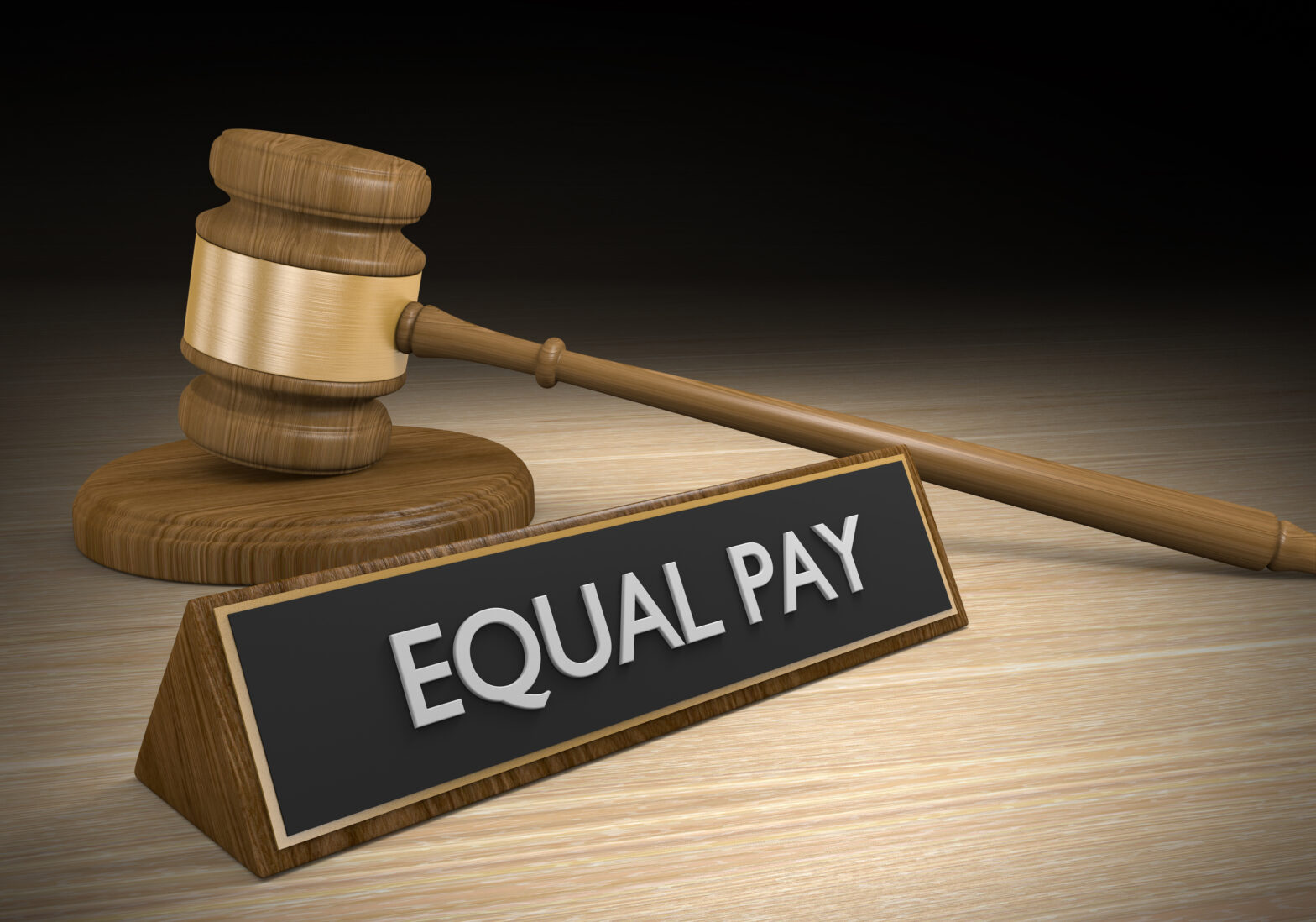Employers are being urged to take seriously their responsibilities to unfair pay for women.
Blake Morgan are warning employers not to get caught out by having unfair pay practices as laws and regulations become more stringent.
Statistics show the average female worker in the UK earns 13.9 per cent less than her male counterpart – based on the mean average for full-time employees.This translates to 86.1 pence for every £1 a man earns.
It means that, relative to men, women are essentially not paid a penny for the remaining 50 days of the year.
Tim Forer, a barrister specialising in employment matters for Blake Morgan, thinks that, although it’s clear that little progress has been made on this issue over several decades, changes to the law and public pressure will undoubtedly begin to have an effect in the next few years, and employers should not leave themselves open to be singled out with outdated and unfair pay practices.
Forer adds,’We are awaiting new legislation that will make all employers with 250 or more employees publish information about their gender pay gap.
‘That information will have to be available on their website for all to see for a period of three years. The information will also have to be uploaded to a government-sponsored website which is intended to monitor the worst-performing employers and sectors.
‘Even if your organisation is not caught by the new regulations, they could mark a change for smaller employers too.’
The average hourly pay of a full-time female worker is £12.82, compared to £14.16 for men, according to the Office for National Statistics’ 2016 Survey of Hours and Earnings.
There is also a strong trend in occupational segregation in the labour market, with 80 per cent of care workers being women and 90 per cent of the STEM workforce being men.
Forer warns that the issue was coming to the fore in both the private and public sectors, with several cases of women achieving parity in big retail distribution centres.
He adds, ‘Although these cases rely on the differences in pay between jobs on female-dominated shop floors and those in male-dominated distribution centres, it is not difficult to conceive of other, smaller businesses where the predominance of jobs being done by a particular sex makes them ripe for comparison with another, separate area of the business where the jobs are predominantly carried out by the other sex. Equal pay law is not just about the same pay for the same job, but can compare ‘like work’ and ‘work of equal value’.’
‘Leaving it too late could well catch some businesses out’.





